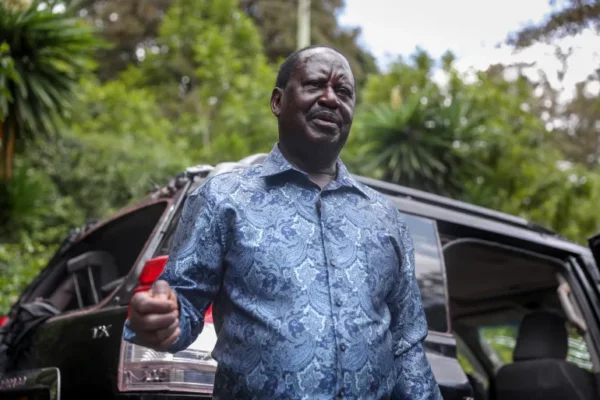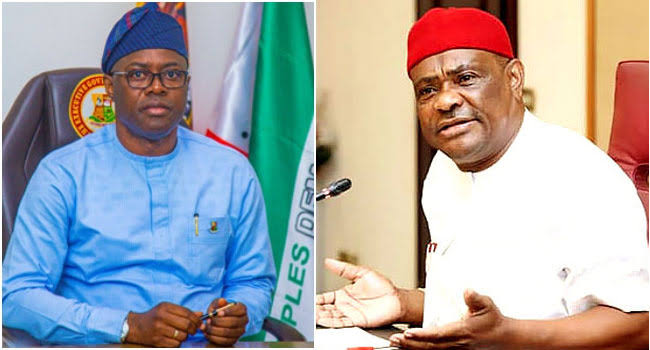
Kenyan Opposition Leader Raila Odinga Dies at 80 During Medical Trip to India
Kenyan opposition leader and former Prime Minister Raila Odinga has died at the age of 80 while receiving medical treatment in India. Hospital officials and local police confirmed that the veteran politician suffered a heart attack on Wednesday morning in the southern Indian state of Kerala. Odinga reportedly collapsed during a morning walk in Kochi while accompanied by his sister, daughter, personal doctor, and both Kenyan and Indian security officers. He was rushed to a nearby hospital, but medical staff declared him dead upon arrival, according to Krishnan M, the additional superintendent of police in Ernakulam. The Devamatha Hospital in Kerala confirmed the cause of death as cardiac arrest. Indian media outlet Mathrubhumi earlier reported that Odinga had been undergoing treatment at an Ayurvedic facility in Koothattukulam, a town near Kochi. Odinga’s death marks the end of an era in Kenyan politics. As a dominant opposition figure and five-time presidential candidate, he played a central role in shaping Kenya’s democratic history. His passing is expected to leave a major vacuum in the country’s political landscape, especially with the 2027 general elections approaching. Born on January 7, 1945, Odinga was the son of Jaramogi Oginga Odinga, Kenya’s first vice president after independence in 1963. He entered politics in the early 1990s, becoming a parliamentarian in 1992, and later serving as Prime Minister from 2008 to 2013 under a power-sharing deal following the post-election violence of 2007. Throughout his life, Odinga was known as a pro-democracy crusader, enduring years in prison and exile during the struggle for multi-party democracy. His activism helped usher in key national reforms, including Kenya’s return to multiparty politics in 1991 and the promulgation of a new constitution in 2010. Despite never winning the presidency after five attempts — in 1997, 2007, 2013, 2017, and 2022 — Odinga remained one of Africa’s most influential opposition leaders. His supporters often claimed he had been denied victory through electoral manipulation, especially during the disputed 2007 elections, which triggered deadly unrest that left over 1,300 people dead. In recent years, Odinga had struck a cooperation pact with President William Ruto, bringing his opposition coalition, Azimio la Umoja, into partial collaboration with the government. The agreement saw some of his allies appointed to cabinet positions, signaling a rare moment of political rapprochement. Tributes have poured in from across Africa and beyond. Former Kenyan Chief Justice David Maraga described him as “a patriot, a pan-Africanist, and a democrat who made significant contributions to Kenya’s progress.” Ethiopian Prime Minister Abiy Ahmed also extended condolences, calling Odinga “a leading voice for peace, security, and development in Africa.” Raila Odinga’s death closes a monumental chapter in African politics. Widely respected for his courage and resilience, he will be remembered as a symbol of Kenya’s democratic struggle, a visionary reformist, and one of the continent’s most enduring political figures.

